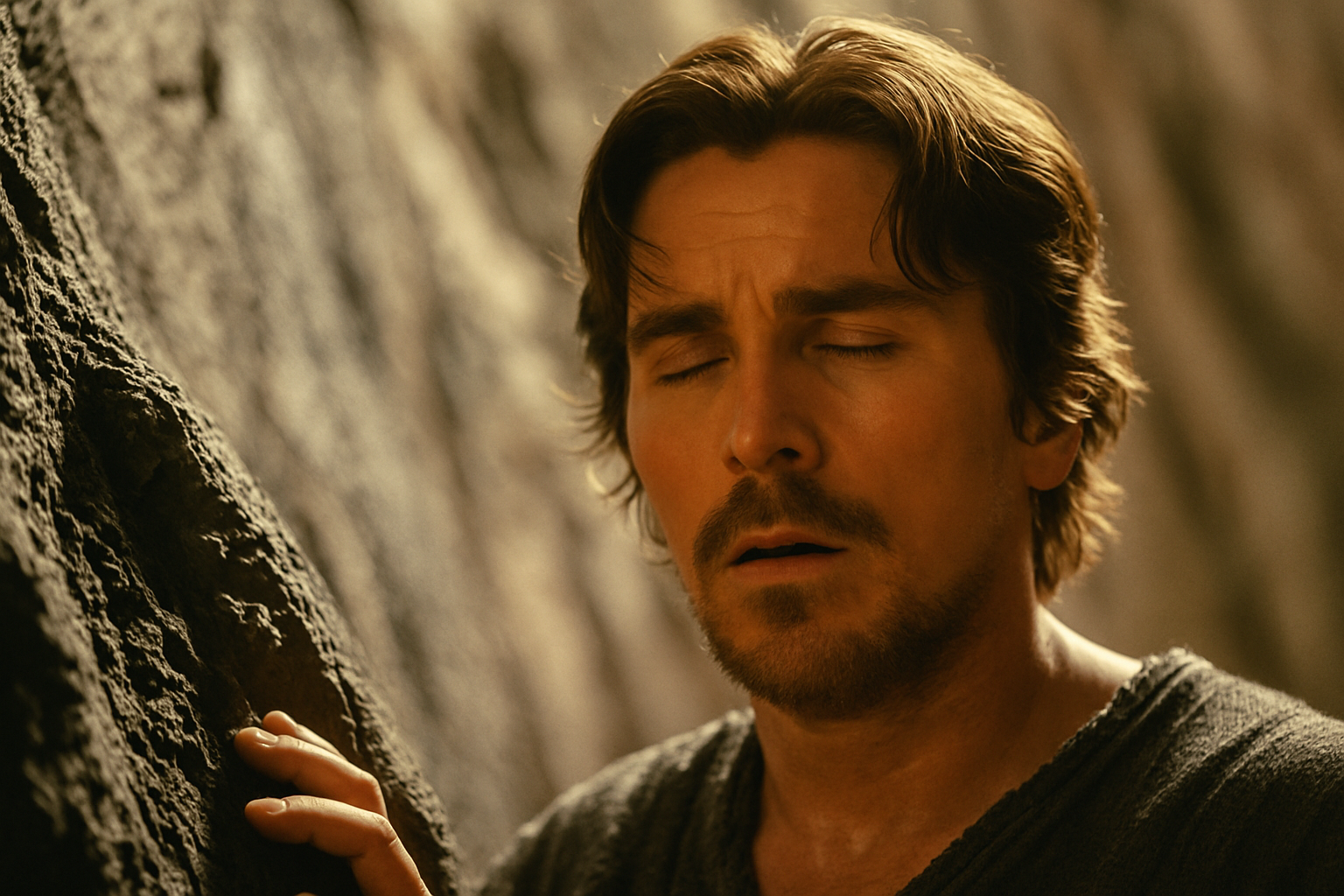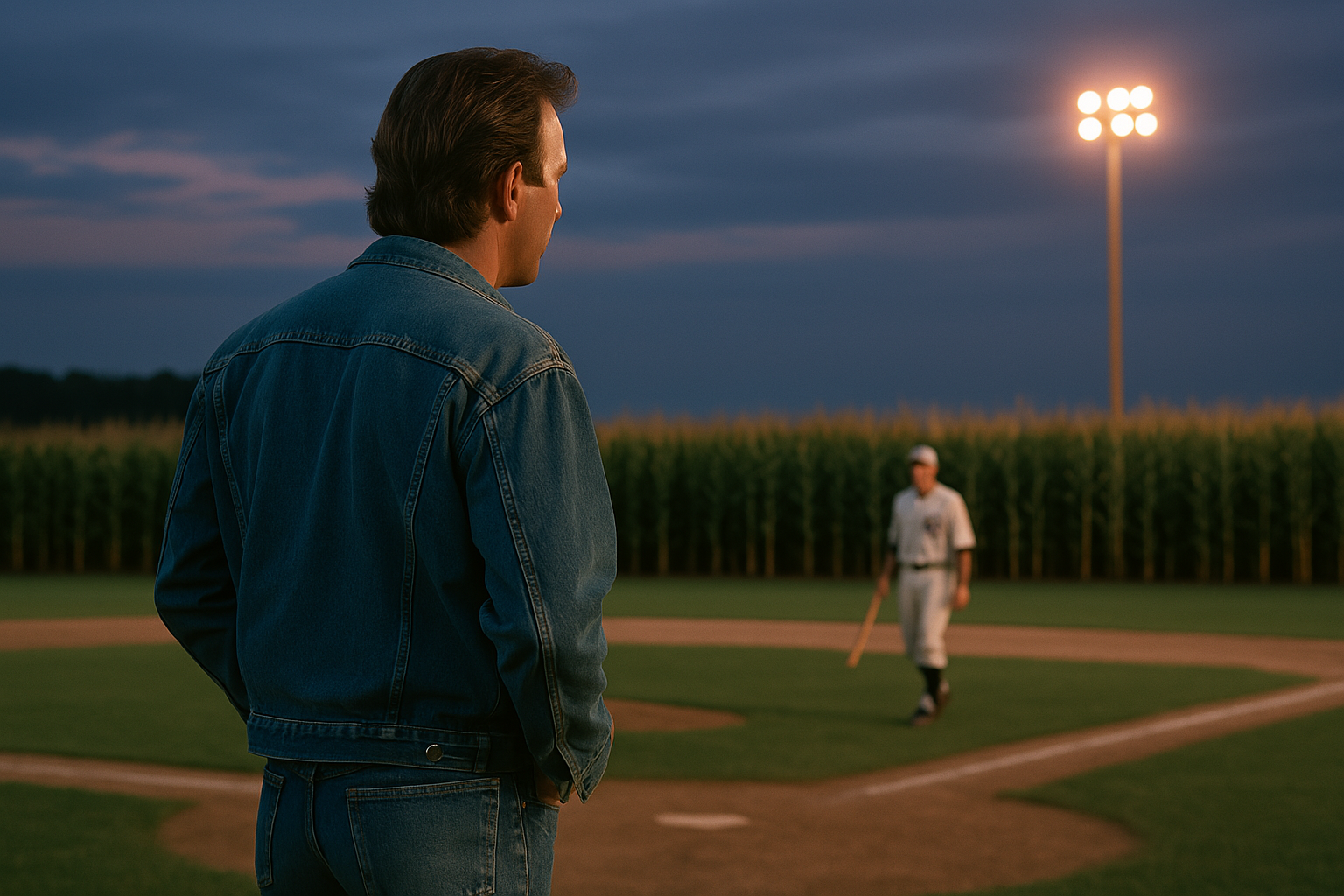Of all the Disney films from the 1990s, Iron Will (1994) may be one of the most underrated—and also one of the most emotionally powerful. I first saw it in elementary school, and even then, it struck a chord. Revisiting it years later, as an adult who understands grief, fear, healing, and legacy, the impact hit deeper. Much deeper. What seemed like a simple adventure film about a dogsled race became something more profound: a story of a boy’s transformation through pain, perseverance, and spiritual resilience.
A Sudden Loss That Shatters Everything
At the heart of Iron Will is loss. In one of the most shocking openings of any Disney film, young Will Stoneman loses his father in a tragic accident beneath the ice. His father sacrifices himself to save Will and the dogs—a devastating act of love that sets the tone for the rest of the film. From that moment on, Will is no longer racing for a prize. He’s racing to survive grief, to honor his father, to save his family farm, and to reclaim his connection to something deeper than himself.
Clinically speaking, the film offers a clear portrait of resilience after trauma. Research on post-traumatic growth has shown that loss can become a catalyst for clarity, emotional strength, and even transcendent purpose (Tedeschi & Calhoun, 2004). Will doesn’t move on quickly—he isolates, wrestles with anger, projects blame onto his lead dog Gus, and falls into self-doubt. But with the help of Ned, an Indigenous mentor and family friend, he slowly begins to rebuild. Ned’s teachings blend physical endurance with spiritual grounding—he trains Will to sleep in snow, to run through the night, to face enemies, and above all, to trust the dogs and let the Creator guide him.
Archetypes and the Hero’s Descent
The archetypes in this story run deep: the wise elder, the shadow antagonist (Borg), the reluctant helper (Kinsley), and the animal ally (Gus). Will’s journey follows the classic monomyth outlined by Campbell (2008), including the call to adventure, descent into struggle, near-death, and ultimate resurrection. But it’s the emotional tone that elevates the story. Will is alone for much of the race. His grief is palpable. The weight of responsibility feels suffocating. And still, he presses forward.
Losing the Whistle, Finding Himself
One of the film’s most poignant turns comes when Will loses his father’s whistle—a symbolic loss of connection to guidance and identity—and is mocked, sabotaged, and nearly killed. But rather than hardening him, these experiences shape his integrity. In one of the film’s most selfless moments, he sacrifices his lead and energy to save another racer’s life. This act transforms how others see him and how he sees himself. The name “Iron Will” becomes less about toughness and more about moral character.
From a psychological lens, the film reflects the power of purpose in navigating grief. Viktor Frankl (1985) argued that survival in suffering often depends on having a “why.” For Will, the “why” is clear: family, legacy, love, and the echo of his father’s voice telling him not to let fear stand in his way.
The Sacred Whistle and the Final Ascent
The final act of the film is transcendent. Will is nearly unconscious. Gus is limping. The crowd watches in frozen silence—until Ned begins to whistle. It’s the song of Will’s father. Slowly, the crowd joins in, echoing not just support but spiritual witness. Will rises one last time, guided by the whistle, and collapses across the finish line. Two Indigenous racers lift him and carry him to his mother. The race is won, but more than that—a soul is mended, a legacy fulfilled, and grief turned into grace.
🎬 Peak Scene:
What It Means to Me
Watching it again as an adult, I found myself overwhelmed. I thought about how many times in life I’ve felt alone, or afraid, or unsure of how to keep going. And then I saw Will, rising on sheer willpower, guided by the voices of those who loved him, by the spirits of dogs and fathers and snow.
Iron Will isn’t just about a race. It’s about grief, endurance, community, and grace. It’s about trusting that you’re not really alone—even when it feels like it. And it’s a reminder that sometimes, when the world goes quiet, it’s to hold space for your comeback.
Mike Bribeaux, LMFT, PhD Candidate in Integral Health
References
Campbell, J. (2008). The hero with a thousand faces. New World Library.
Frankl, V. E. (1985). Man’s search for meaning. Simon and Schuster.
Tedeschi, R. G., & Calhoun, L. G. (2004). Posttraumatic growth: Conceptual foundations and empirical evidence. Psychological Inquiry, 15(1), 1–18.




